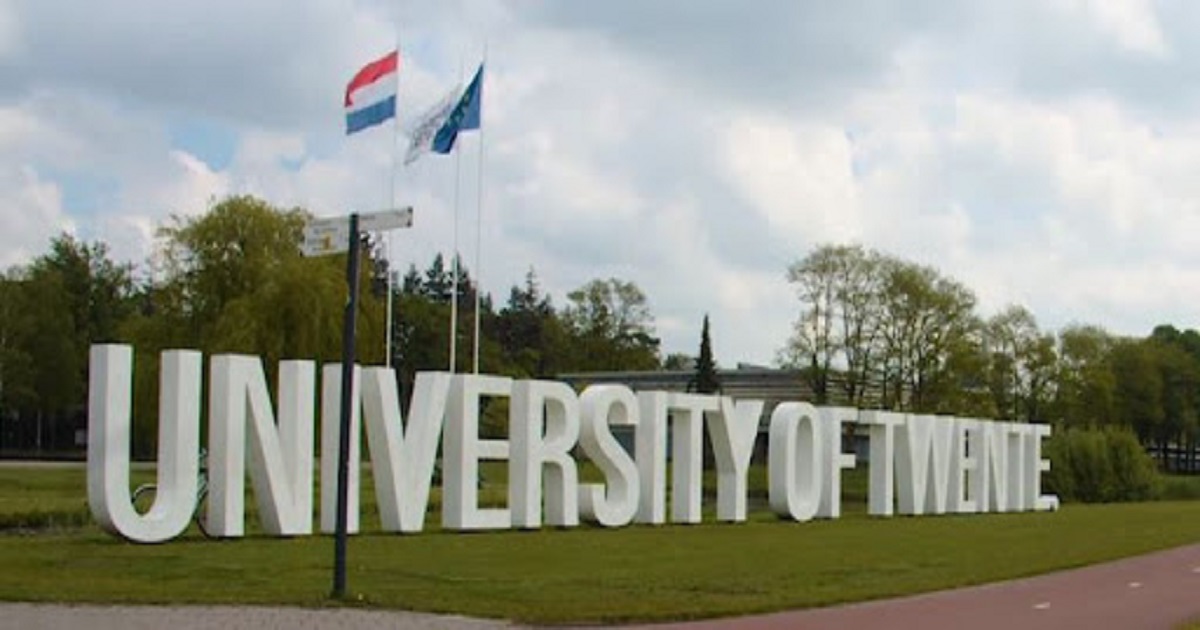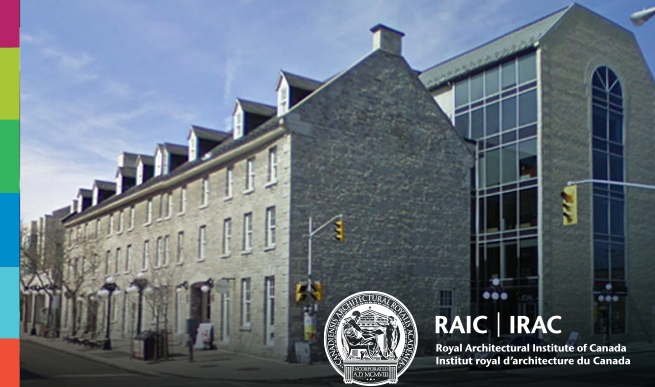
Complex mechanical devices are increasingly manufactured based on 3D printing methods, also known as additive manufacturing. In this project, the focus is on the benefits and challenges of additive manufacturing when mixtures of metal powder and 2D nanomaterials such as graphene are considered as feedstock material for the powder from which 3D prints are made. This is believed to create new devices that, due to the inclusion of 2D nanomaterials possess intriguing new properties, among which unseen levels of thermal transport. Most promising fabrication method considered in this project is laser powder bed fusion which starts from micron-sized powder particles on which a laser beam is directed to create intense and local melting. By repeating this process ‘layer by layer’ a 3D object can be fabricated in virtually any form. Apart from issues related to the strength, achievable feature sizes and durability of these devices, thermal transport plays an important role.
When powders of different materials are put together and molten under the laser beam, a whole range of interacting multiphase phenomena takes place on multiple length- and time scales that together give rise to the mechanical properties of the manufactured devices. A thorough understanding of the phenomena is crucial for the improvement of the process control, and ultimately for the quality of the devices. The details of the underlying physics and chemistry at different scales controlling the behavior of the powder during the 3D printing process are still poorly understood. This involves, e.g., the degree of spatial de-mixing of the constituents of the powder, the formation of permanent structures from the molten mixture and the resulting thermal and mechanical features of the final material.
In this project, experimental techniques and computational modeling are combined to explore additive manufacturing with this composite printing powder, also referred to as ‘ThermoDust’. Two PhD positions are available at the University of Twente to perform the material science research and contribute to the realization of new demonstrator devices.
- The experimental work will include thermal and mechanical characterization of printed samples across a range of process conditions. Detailed investigations of the microscopic 3D structures, their (residual) porosity and spatial heterogeneity will be made, following the actual process with high-speed registrations. Conduction as well as interaction between printed samples and a working fluid are to be examined.
- The computational modeling research will employ multiscale methods ranging from (upscaled) molecular dynamics to nonlinear systems of partial differential equations that describe the interaction between the laser and the compound printing powder. This will be used to ultimately predict process conditions under which excellent thermal and mechanical properties can be induced in the manufactured devices.
International collaboration between scientists from Ireland (Dublin), Spain (Barcelona), Italy (Milan) and the Netherlands (Twente) strengthens this project and brings in a range of expertise that broadens the scope of the work.
Your first responsibility is to carry out the research and publish your work in scientific journals and proceedings. You are also encouraged to acquire teaching experience. We support you to broaden your knowledge by joining international exchange programs, by participating in national and international conferences and workshops and by visiting industrial companies, research institutes, and universities worldwide.
YOUR PROFILE
- You are enthusiastic and highly motivated to do research in materials science aimed at a real breakthrough in thermal management;
- You have, or will shortly, acquire a master’s degree in the field of mechanical engineering, applied mathematics or physics;
- You have a creative mindset and excellent analytical and communication skills;
- You have a good team spirit and like to work in an interdisciplinary and internationally oriented environment;
- You are proficient in English.
OUR OFFER
- As a PhD student at UT, you will be appointed to a full-time position for four years, with a qualifier in the first year. You will join a very stimulating and exciting scientific environment and develop your career in international collaboration.
- The University offers a dynamic and stimulating environment with enthusiastic colleagues.
- Your salary and associated conditions are in accordance with the collective labour agreement for Dutch universities (CAO-NU);
- You will receive a gross monthly salary ranging from € 2.541,- (first year) to € 3.247,- (fourth year).
- There are excellent benefits including a holiday allowance of 8% of the gross annual salary, an end-of-year bonus of 8.3%, and a solid pension scheme.
- You will have a training programme as part of the Twente Graduate School where you and your supervisors will determine a plan for a suitable education and supervision.
- We encourage a high degree of responsibility and independence, while collaborating with close colleagues, researchers, and other staff.
INFORMATION AND APPLICATION
Are you interested in this position? Please send your application via the ‘Apply now’ button below before August 15, 2022 and include:
- Your CV
- A transcript of your Diploma, courses taken, and grades achieved
- A motivation letter explaining your interest in the topic of the research, your skills toward the goals of the project and your personal traits
- Contact information of two references that we may contact for additional consultation
The first interviews are scheduled end of August, please take this into account.
For more information regarding this position, you are welcome to contact Dr. Davoud Jafari (davoud.jafari@utwente.nl), Dr. ir. Wessel Wits (w.w.wits@utwente.nl) and Prof. Bernard Geurts (b.j.geurts@utwente.nl)
![Postdoctoral and Research Opportunities at McGill University [CA]](https://scholaridea.com/wp-content/uploads/2020/06/mcgill-university-30-may-2019-768x402.jpg)

